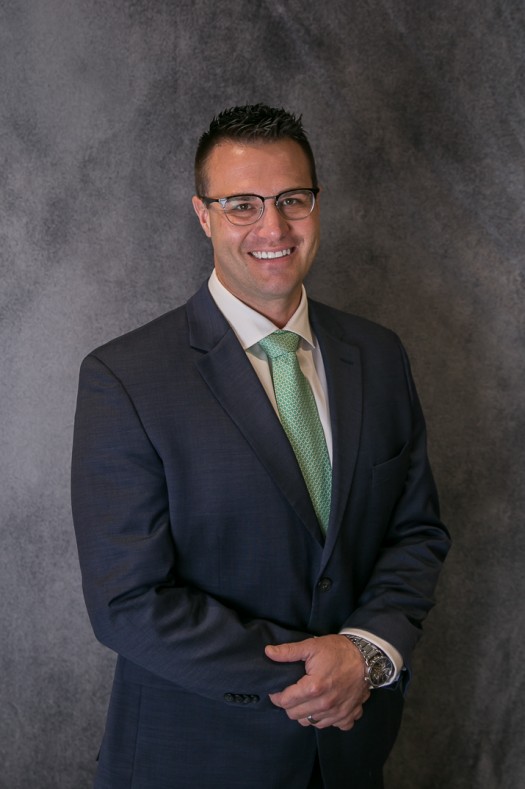Ankle arthritis is characterized by the breakdown of the cartilage covering the tibia (shin bone) and the talus (ankle bone).
With time, the degeneration can lead to worsening pain, deformity, loss of motion and disability. When severe, end-stage ankle arthritis occurs, total ankle replacement (also called ankle arthroplasty) may be a surgical option for patients.
Typically, if the cartilage erosion is widespread, a total ankle replacement is recommended. If the erosion and damage is localized, a partial ankle replacement may be a viable option.
Nationwide, total ankle replacement surgery has become more popular and successful over the last 10 years. The development of better instrumentation and implants has helped, and advancement of surgical training has allowed the spread of use and popularity among patients.
Board Certified Foot and Ankle Surgeon, Peter Highlander, DPM, MS of The Reconstruction Institute regularly performs ankle replacement surgery at The Bellevue Hospital.
“In theory, ankle joint replacement is similar to other joint replacements such as hip or knee, and now is a viable alternative to ankle fusion,” said Dr. Highlander. “Even though both ankle fusion and replacement can minimize pain for those with bone-on-bone arthritis, the advantage to ankle replacement is that it restores motion and functionality. Ankle fusion involves cleaning the eroded ankle joint and fusing the bones together. While ankle fusion relieves pain, it also limits your ankle’s range of motion.”
When non-surgical treatments such as bracing, activity modification or corticosteroid injections fail to reduce chronic ankle pain, you should consider consulting with a foot and ankle surgeon who performs both ankle replacements and ankle fusions. Consulting with a qualified, experienced surgeon will help guide you toward the best ankle solution for your lifestyle.
The Reconstruction Institute offers treatment and reconstructive options for lower and upper limb conditions. The providers at The Reconstruction Institute provide the individualized care you need so you can stop making life about your ailment, and instead begin living life again. For more information about The Reconstruction Institute, call 419.484.5430 or visit https://www.bellevuehospital.com/services/reconstruction-institute.

